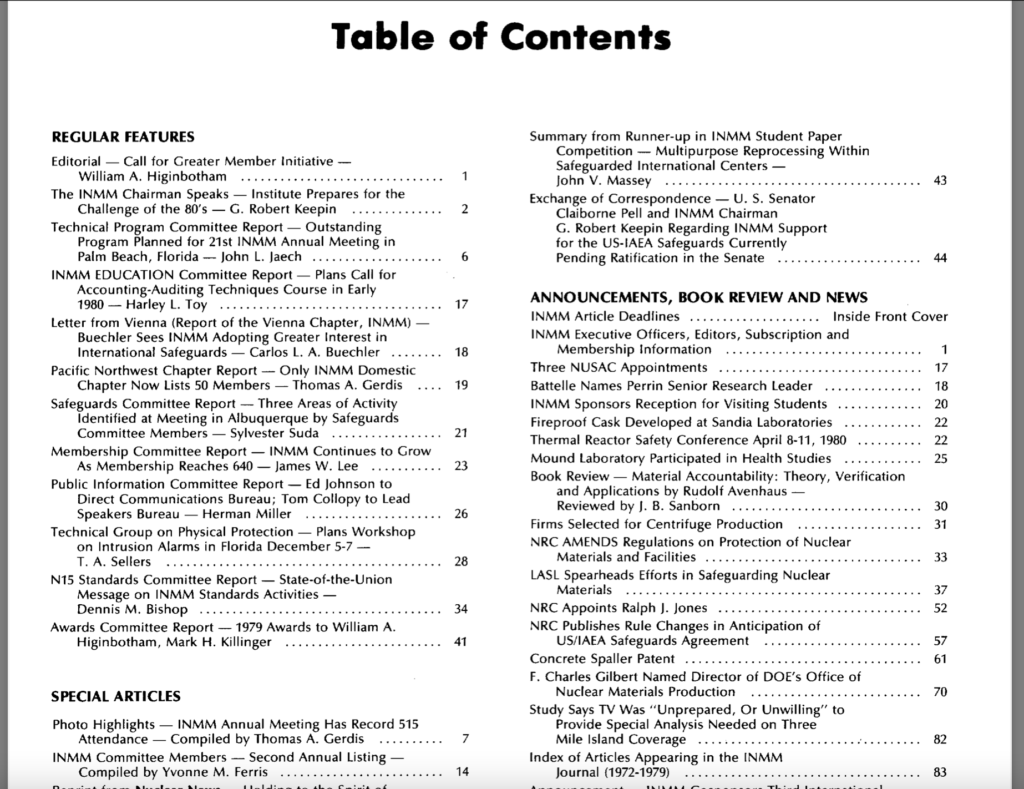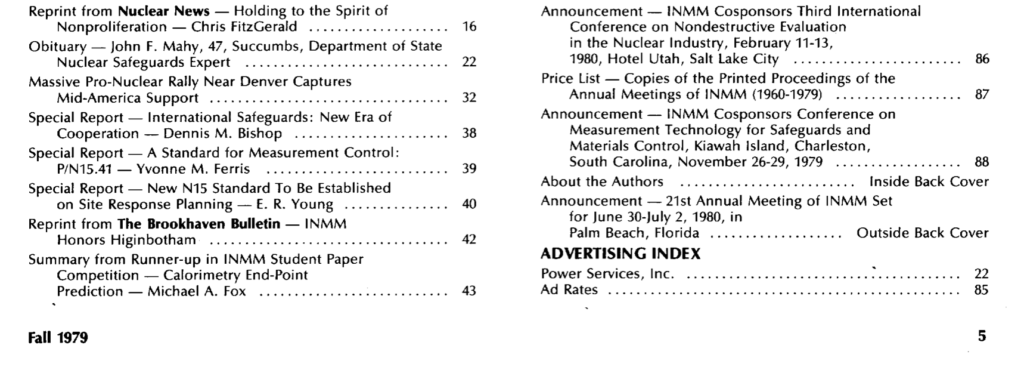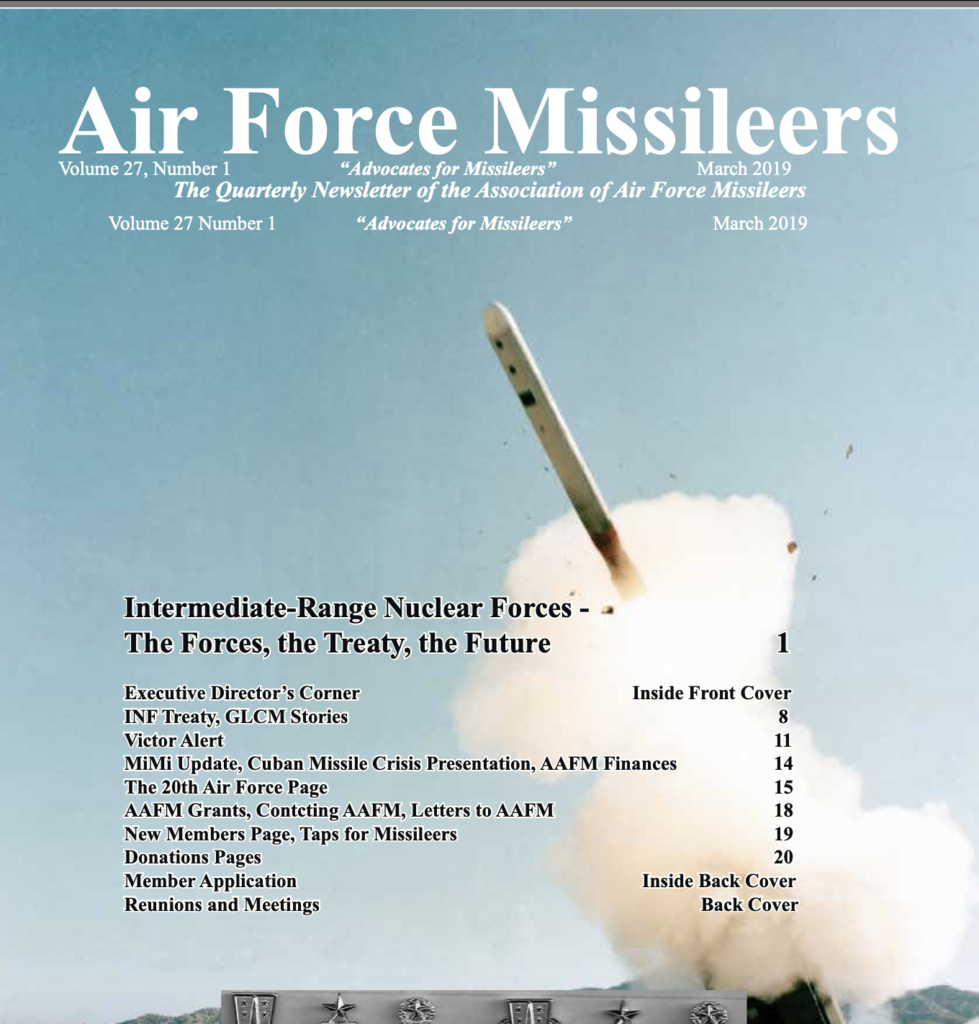The architect of Pakistan’s nuclear weapons program, Dr. Abdul Qadeer Khan, in a recent interview with the BBC, claims that it was his ‘informal conversation’ with an Indian journalist Kuldeep Nayyar at his residence on January 28, 1987, that helped prevent a war between the two countries.
Recalling the conversation, he says, Nayyar was in Pakistan for a wedding of his friend Mushahid Hussain, who had accompanied him to his house. “If you make ten bombs, we will make one hundred,” Kuldeep Nayyar tells Khan, who replies saying, “There is no need to make such a large number of bombs. Three or four will suffice on both sides.”
“I went on to say that we are capable of making bombs in the shortest possible time,” claims Khan. The Pakistani nuclear scientist says that Kuldeep Nayyar later sold the excerpts from the ‘informal conversation’ to the London Observer for GBP 20,000.
“It wasn’t really an interview, just some gossip over tea,” Khan tells BBC.
The meeting took place at a time when Pakistani and Indian troops were lined up face-to-face on the international border in the Rajasthan and Punjab sectors.
The London Observer quoted Dr. Khan as saying, “If our survival is threatened, we will drop bombs.” The story also claimed that Pakistan had enriched uranium to the point of use in weapons and that it could be tested in a laboratory, attributing the claim to Dr. Khan.
After this interview was published, people in Pakistan began to believe that the ‘nuclear threat’ hidden in Kuldeep Nayyar’s news story had prevented India from launching a major attack on Pakistan. This claim became embedded in the Pakistani psyche, and very few challenged it.
Dr. A.Q. Khan unequivocally claims in the BBC interview that the news of his conversation with Kuldeep Nayyar had played a role in easing tensions. Although Pakistan’s nuclear program was still in its infancy at the time, the country was 12 years away from gaining nuclear status. Khan believes his ‘threat’ had worked.
It is also believed that General Zia’s threat to Rajiv Gandhi when he met him in Jaipur during a cricket match played a major role in calming the situation. Zia reportedly told Gandhi that if the Indian army did not withdraw immediately, he would order a nuclear attack. “Rajiv panicked and the result was that he ordered the immediate withdrawal of the Indian Army,” experts claim.
Dr. Qadeer told BBC that a few weeks before Operation Brasstacks, he had sent a written message to General Zia that Pakistan was capable of building a nuclear bomb on a ten-day notice. “It gave Zia the confidence to talk to Rajiv Gandhi and threaten him,” Khan added.




